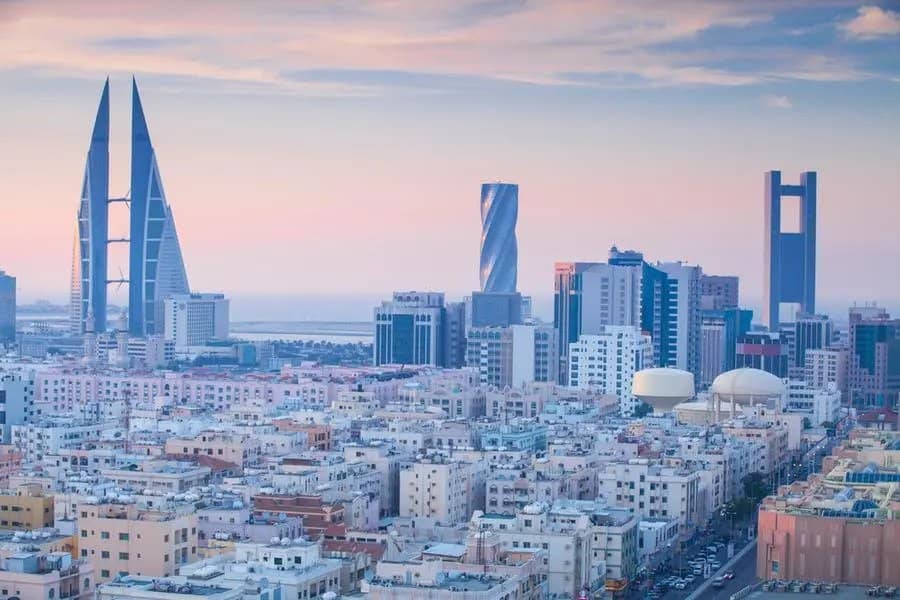According to renowned real estate expert Savills, Bahrain’s real estate industry has seen a continuous increase in residential sales, leases, and office space.
The economy grew by 4.9% in 2022, the fastest rate in the nation in more than nine years, driven by the non-oil sectors, which remained healthy in that year.
According to the Savills Q2 2023 Bahrain Property Market in Minutes report, however, it is anticipated that the GDP will decline to 2.2% in 2023 as a result of the decline in oil production and prices as well as the slowdown in the non-oil sector.
Residential Sales Market
The demand for villas was greater than that for apartments, and the mid-range market saw the majority of inquiries and purchases. The capital values have been the same during the second quarter despite the predilection for villas, and rates are assessed at BD603 per square meter. However, values have gone up by 2.3% on an annual basis.
On a quarterly basis, the average capital values across all high-end villa developments fell by 1.2% to BD600 per sq m. The correction in pricing across villa developments in Al Marsa Floating City is to blame for the decline in average values.
On a quarterly basis, apartment values in the low-end sector have stayed constant while slightly declining in the mid-end and high-end segments.
Residential Rental Market
In Q2 2023, the demand for rentals in Bahrain was largely constant. While quarterly rental values haven’t changed significantly, those for low- and mid-end apartments have dropped by 2% to 6% from Q2 2022.
The cost of renting a low-end villa has increased by 10.3% as of Q2 2023. The costs were BD800 for low-end villas and BD1,088 for mid-range villas per month. While rates for high-end flats are predicted to be BD655, the average monthly rental for high-end villas has remained constant at BD1,294.
Hashim Kadhem, Head of Professional Services at Savills in Bahrain, noted that a variety of beneficial policy initiatives, such as the Economic Recovery Plan, the issuance of the Golden Licence, and the national jobs plan, have benefited the residential and commercial property sectors in the kingdom.
“However, recent estimates suggest that the GDP will likely taper this year due to a drop in oil production and prices and a slowdown in the non-oil sector, which may also impact the property market to some extent, albeit with a lag,” noted Kadhem.
Office rentals market growing
As corporate occupiers continue to move to grade A developments, rental rates have gone up 1.6% Q-o-Q across the high-end market, with an average price of BD6.5 per square meter.
The mid-end segment’s rents have remained stable on a quarterly basis, but on an annual basis, they have climbed by 9.1%, or an estimated BD6 per square meter.
“This annual increase in rents signifies the scarcity of space across the high-quality developments as well as the ongoing demand from corporate occupiers to lease space across such projects,” stated Swapnil Pillai, Associate Director – Research, Savills Middle East.
In comparison to Q1 2023, Savills has observed that the capital values across the office projects remained steady.
“There was also a noticeable uptick in demand for LEED-certified office spaces, demand for which is anticipated to see an increase moving forward as companies aim to meet their ESG goals and requirements,” Kadhem added.
Retail rental market
With prices falling by an average of 7% to BD10 per sq m over the course of the previous year, retail leasing rates have been under significant downward pressure as the industry continues to recover from the consequences of the Covid-19 outbreak and a significant supply and demand imbalance.
The biggest change has been in mall costs, which are down 11% from last year and average BD12 per square meter this year compared to BD14 last year.
